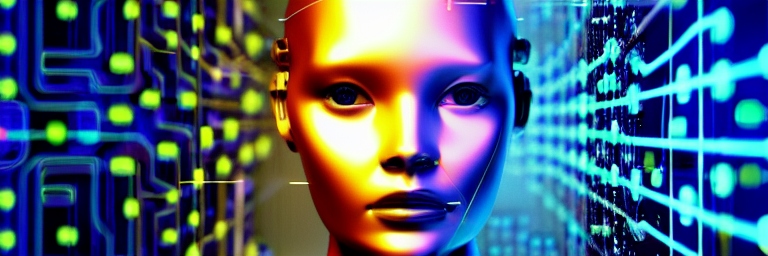In today’s digital landscape, businesses and organizations are increasingly adopting automated systems to enhance customer interactions and streamline processes. Among the various solutions available, chatbots and AI agents have gained significant popularity. While both serve as virtual assistants, it’s important to understand the differences between them to make an informed decision about which solution is the right fit for your specific needs.
Chatbots vs. AI Agents: Functionality & Intelligence and Learning
Functionality: Chatbots are designed to respond to user queries or commands using predefined rules or scripted responses. They excel at handling simple and straightforward tasks, such as providing basic customer support, answering frequently asked questions, or guiding users through predefined processes. On the other hand, AI agents utilize artificial intelligence and machine learning techniques to understand user inputs, learn from interactions, and generate intelligent responses. They are more versatile and can handle complex conversations, adapt their behavior over time, and provide more sophisticated assistance.
Intelligence and Learning: Chatbots typically lack advanced intelligence or learning capabilities. They rely on predefined rules and scripted responses, which restricts their ability to handle novel or ambiguous queries effectively. To improve their performance, chatbots often require human intervention to update their knowledge base or enhance their rules. In contrast, AI agents leverage machine learning algorithms to understand user inputs, extract relevant information, and generate appropriate responses. They can autonomously learn from user interactions, adapt to new situations, and continuously improve their performance without extensive human intervention.
Chatbots vs. AI Agents: Contextual Understanding
One of the significant differences between chatbots and AI agents lies in their contextual understanding abilities. Chatbots typically analyze user inputs independently without considering the conversation history or context. Consequently, they might struggle to handle complex or multi-turn interactions effectively. AI agents, however, excel in contextual understanding. They maintain conversation history, consider the ongoing conversation’s context, and use this information to provide more accurate and relevant responses. AI agents can understand nuances, handle follow-up questions, and maintain coherent conversations over extended periods, leading to a more natural and personalized user experience.
Chatbots vs. AI Agents: Use Cases
Chatbots are suitable for simple, repetitive tasks and scenarios with predictable conversation flows. They are commonly deployed in customer support, basic information retrieval, lead generation, and simple process automation. On the other hand, AI agents shine in more complex and dynamic use cases. They can handle natural language conversations, provide personalized recommendations, assist with decision-making, automate complex processes, and deliver advanced customer support. AI agents are especially valuable in industries like e-commerce, healthcare, financial services, and hospitality, where personalized and intelligent interactions are crucial.
Choosing the Right Solution: When deciding between a chatbot and an AI agent, it’s essential to consider your specific requirements and the complexity of the tasks you want the system to handle. If you need a basic system for answering common questions or guiding users through a predefined process, a chatbot might suffice. However, if you require a more intelligent and adaptive system capable of handling complex conversations and learning from user interactions, an AI agent would be the preferred choice. It’s important to note that the capabilities of these systems can vary widely, so evaluating potential solutions based on their specific features, performance, and scalability is vital.
Conclusion
Chatbots and AI agents have revolutionized the way businesses engage with customers and automate processes. While chatbots provide simple and rule-based interactions, AI agents offer enhanced intelligence, learning capabilities, and contextual understanding. By understanding the differences between these solutions and assessing your requirements, you can make an informed decision about which system is the right fit for your organization. Whether you opt for a chatbot to handle straightforward tasks or an AI agent to deliver advanced and personalized interactions, embracing these technologies can undoubtedly improve customer satisfaction, operational efficiency, and overall business success.

